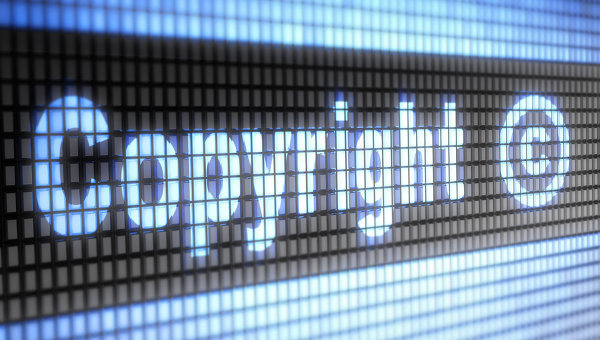MOSCOW, December 3 (RAPSI) – Russia's Ministry of Culture has submitted to the government amendments to the anti-piracy law so as to ensure the protection of copyright protected content except music, Deputy Minister Grigory Ivliyev told Vedomosti newspaper.
Initially, the anti-piracy law was designed to protect films and TV series only, but other rights holders have insisted that it protect all types of content, the newspaper writes.
“This is exactly what the Culture Ministry has proposed. If the amendments are accepted, the law will be used to block access not only to websites with pirated films, but also to websites with pirated software and photographs,” Vedomosti writes. “The explanatory note reads that the amendments cover all copyright protected items, except for music.”
In addition, these amendments introduce the possibility of a pretrial dispute settlement between rights holders, hosting providers and websites.
“The amendments read that a rights holder can complain about the violation of their rights to a hosting provider, which is obliged to notify the owner of the website in question within 24 hours. If the website owner does not react, the hosting provider must block access to the disputed content within the next 24 hours. If both fail to react properly to the complaint, they will be fined between 300,000 ($9,050) and 1 million rubles ($30,168),” the newspaper writes.
The anti-piracy law took effect on August 1, 2013, despite protests from Internet companies. It sets out the legal grounds and procedure for limiting access to websites that distribute movies and TV films in violation of copyright. The law also sets out the rules for bringing to account or condoning information brokers (Internet and hosting providers).
The final wording of the law has no reference to music.
The bill's authors said their goal was not to fight those who download pirated films, but those who distribute this kind of content illegally.
Issues of injunction and punishment will be handled exclusively by the Moscow City Court, which will accept complaints round the clock, including online.
The court will also set the length of the injunction period (up to 15 days) during which a plaintiff can file a lawsuit. In case of failure to do so, or if the lawsuit is rejected, the organization or individual whose legal interests have been harmed by the blocking of the content will be able to claim damages.
Roskomnadzor, Russia's federal communications agency, then has three days to determine the hosting provider of the website and to order it to delete the pirated content. If the owner of the resource openly refuses to do so or does nothing to fulfill the regulator's order for three days, the regulator will limit access to the website.
Before filing a request for blocking access to websites, rights holders must provide evidence of their ownership of the content which they claim is being distributed in violation of copyright.



